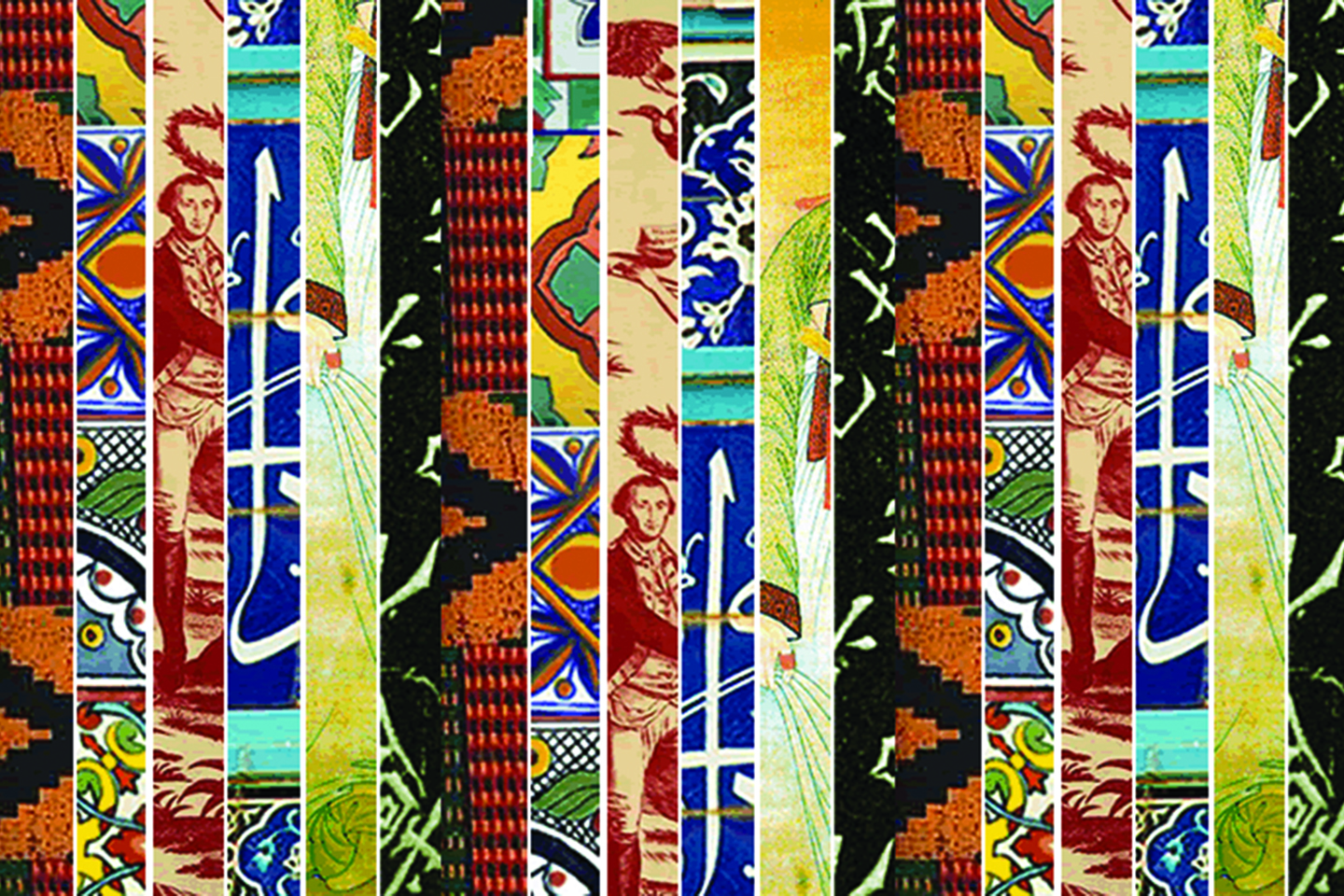
The Isabelle De Courtivron Writing Prize award is made annually to recognize high-quality undergraduate writing (creative or expository) on topics related to immigrant, diaspora, bicultural, bilingual, and/or mixed-race experiences. The prize was established to honor Professor Emerita Isabelle de Courtivron on the occasion of her retirement in 2010.
This year’s entries included compelling accounts of familial languages lost or never learned; of lives enriched by fresh starts and disrupted by painful dislocations; of journeys toward bicultural identities via the syntheses of cultural inheritance, adoption and creation. Each entry was compelling and distinct in its own way, and all testify to the complexity of experience of MIT undergraduates.
Global Languages sincerely thanks all of the 30 students who submitted poems, stories, essays, and personal essays to this year’s writing contest. It was moving to see you wrestling deeply and bravely with questions of identity, family obligations and loyalty, mistreatment, and regret and yearning in landscapes large and small.
We are excited to announce the prize winners this year.
First Prize
Britney Ting , Course 6-3, Class of ’22, from Alhambra, California, for “Ticket To Freedom.” A riveting short story portraying a young Vietnamese woman’s struggle to get her family out of Vietnam during the fall of Saigon—echoing the recent desperate scenes from Afghanistan or Ukraine—“Ticket to Freedom” illustrates the loyalties, betrayals, and brutal choices facing the Vietnamese at the end of a horrific war. With authentic characters, perfect pacing, and a brilliant plot twist at the end, Britney Ting keeps us on the edge of our seats as we experience the searing hopes, fears, and sorrows surrounding that complex war and emigration to the U.S.
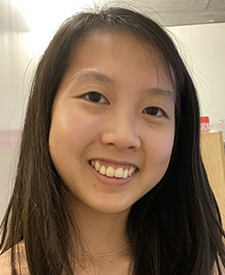
Britney Ting
Second Prize
Susan Su, Course 2A, Class of ’23, from Riverside, CA, for “A ScarletLetter.” With vivid imagery and stark juxtapositions, Susan Su documents the anguish of being stuck between two cultures, loving both but belonging to neither. Born in China but moving to the United States as a child, she tried to forget the many painful “red” memories of her homeland and embrace “democracy,” but as “A Scarlet Letter” shows us, neither task is easy and even if accomplished does not come without great cost, the biggest being left in a perpetual limbo.
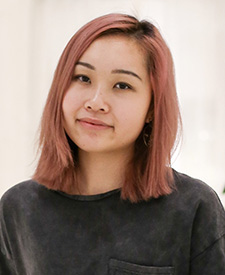
Susan Su
Honorable Mention
Alana Chandler, Course 3, Class of ’22, from Chicago, IL, for “Glass Cages.” In “Glass Cages,” Alana Chandler poignantly and vividly documents the burdens that her two disparate lineages—Japanese and Polish-Jewish—have left her with as she tries to navigate her youth At a trip to Chicago’s Holocaust Museum with her Jewish school, she is told by a laughing teacher that she resembles an old Korean woman in a photo there—just one of a series of persecutions by this icy woman. Alana goes through childhood wishing for blue eyes the shape of her classmates, and continues to adulthood burdened by the memories of the past .
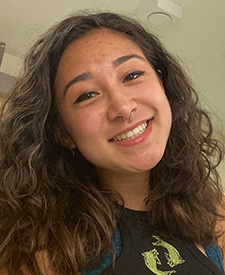
Alana Chandler
Honorable Mention
Hillary Tamirepi, Course 6-2, Class of ’22, from Gweru, Zimbabwe, for “It takes a village.” In “It takes a village,” Hillary Tamirepi recounts with poignant descriptions the many steps that a hopeful immigrant takes to come to the United States. With vivid images he describes his hopes, his sacrifices and his struggles in a new country. Ultimately, he makes a final journey back home without ever being able to tell his mother the full story of his experience in that foreign land.
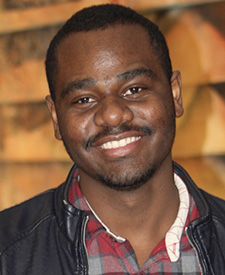
Hillary Tamirepi
